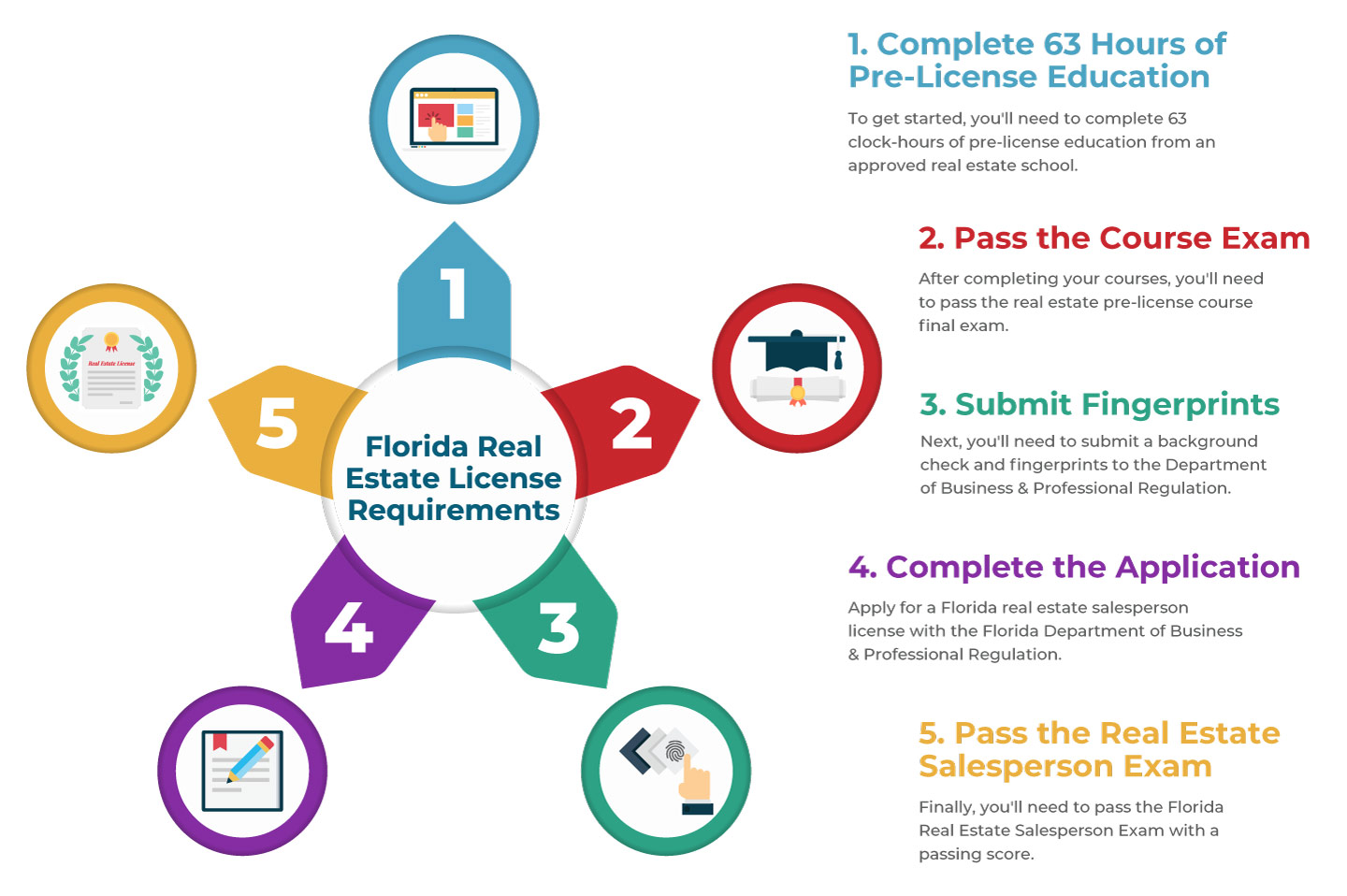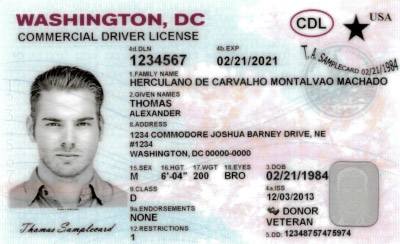
It is essential to understand the costs of buying a house. Hidden and obvious costs can make buying a house quite expensive. It is important to save money for the down payment and have enough cash to cover closing costs.
Your down payment, which usually ranges between 3% to 10% of your house's purchase cost, is the largest expense of purchasing a home. A higher down payment can help you avoid paying private mortgage insurance (PMI), which protects the lender if you default on the loan.
Another big cost associated with house buying is the property taxes that you'll have to pay on your new home. These expenses can vary by where you live and which type of property.
Although you may be able negotiate these costs with your mortgage lender in some cases, most of the time they fall on home buyers.

Fees are required for titles searches and appraisals. A commission may also be required for a real-estate agent, as well as a real property transfer tax.
Most real estate agents will charge commissions on the sale or purchase of a home. But, these fees are usually negotiable. Brokerage fees typically range from five to six percent of the property's selling price.
HOA fees and related costs will be added to these costs. You will also need to purchase a home warranty that covers major problems in your new home.
While it might seem costly to purchase a home, renting is much more affordable in most areas. It's also a great time to buy a home, as mortgage rates have fallen to historic lows.
There are many benefits to owning a home, such as a stronger sense community and higher net worth. And buying a home is also an excellent investment, since it increases in value over time.

A lower monthly mortgage payment can be a benefit than renting. This is especially useful if you are moving to an area with high property prices.
Other important considerations for your future home include how long you'll plan to stay in the house and what types of renovations you want to make. Also, how much money can you afford to keep the house in good condition and make repairs every year.
Monthly mortgage payments could range from $2,300 to $3,000 and there will be other costs such as property taxes or homeowners insurance to pay. In addition, you'll need to pay for utilities and any HOA fees that aren't included in your mortgage payments.
While owning a home can be a big financial decision, it is one that will improve your quality life. Here are some suggestions to help you make the right financial decisions for your unique situation.
FAQ
Which is better, to rent or buy?
Renting is usually cheaper than buying a house. However, you should understand that rent is more affordable than buying a house. A home purchase has many advantages. For instance, you will have more control over your living situation.
How do I get rid termites & other pests from my home?
Your home will eventually be destroyed by termites or other pests. They can cause serious damage to wood structures like decks or furniture. You can prevent this by hiring a professional pest control company that will inspect your home on a regular basis.
What should you look out for when investing in real-estate?
The first thing to do is ensure you have enough money to invest in real estate. If you don’t save enough money, you will have to borrow money at a bank. It is important to avoid getting into debt as you may not be able pay the loan back if you default.
Also, you need to be aware of how much you can invest in an investment property each month. This amount must be sufficient to cover all expenses, including mortgage payments and insurance.
Also, make sure that you have a safe area to invest in property. It would be best if you lived elsewhere while looking at properties.
What are the drawbacks of a fixed rate mortgage?
Fixed-rate loans have higher initial fees than adjustable-rate ones. If you decide to sell your house before the term ends, the difference between the sale price of your home and the outstanding balance could result in a significant loss.
Are flood insurance necessary?
Flood Insurance covers flood damage. Flood insurance protects your possessions and your mortgage payments. Learn more about flood insurance here.
Statistics
- It's possible to get approved for an FHA loan with a credit score as low as 580 and a down payment of 3.5% or a credit score as low as 500 and a 10% down payment.5 Specialty mortgage loans are loans that don't fit into the conventional or FHA loan categories. (investopedia.com)
- Over the past year, mortgage rates have hovered between 3.9 and 4.5 percent—a less significant increase. (fortunebuilders.com)
- The FHA sets its desirable debt-to-income ratio at 43%. (fortunebuilders.com)
- This seems to be a more popular trend as the U.S. Census Bureau reports the homeownership rate was around 65% last year. (fortunebuilders.com)
- 10 years ago, homeownership was nearly 70%. (fortunebuilders.com)
External Links
How To
How to Find Houses to Rent
Renting houses is one of the most popular tasks for anyone who wants to move. It may take time to find the right house. Many factors affect your decision-making process when choosing a home. These factors include the location, size, number and amenities of the rooms, as well as price range.
You should start looking at properties early to make sure that you get the best price. You should also consider asking friends, family members, landlords, real estate agents, and property managers for recommendations. This way, you'll have plenty of options to choose from.